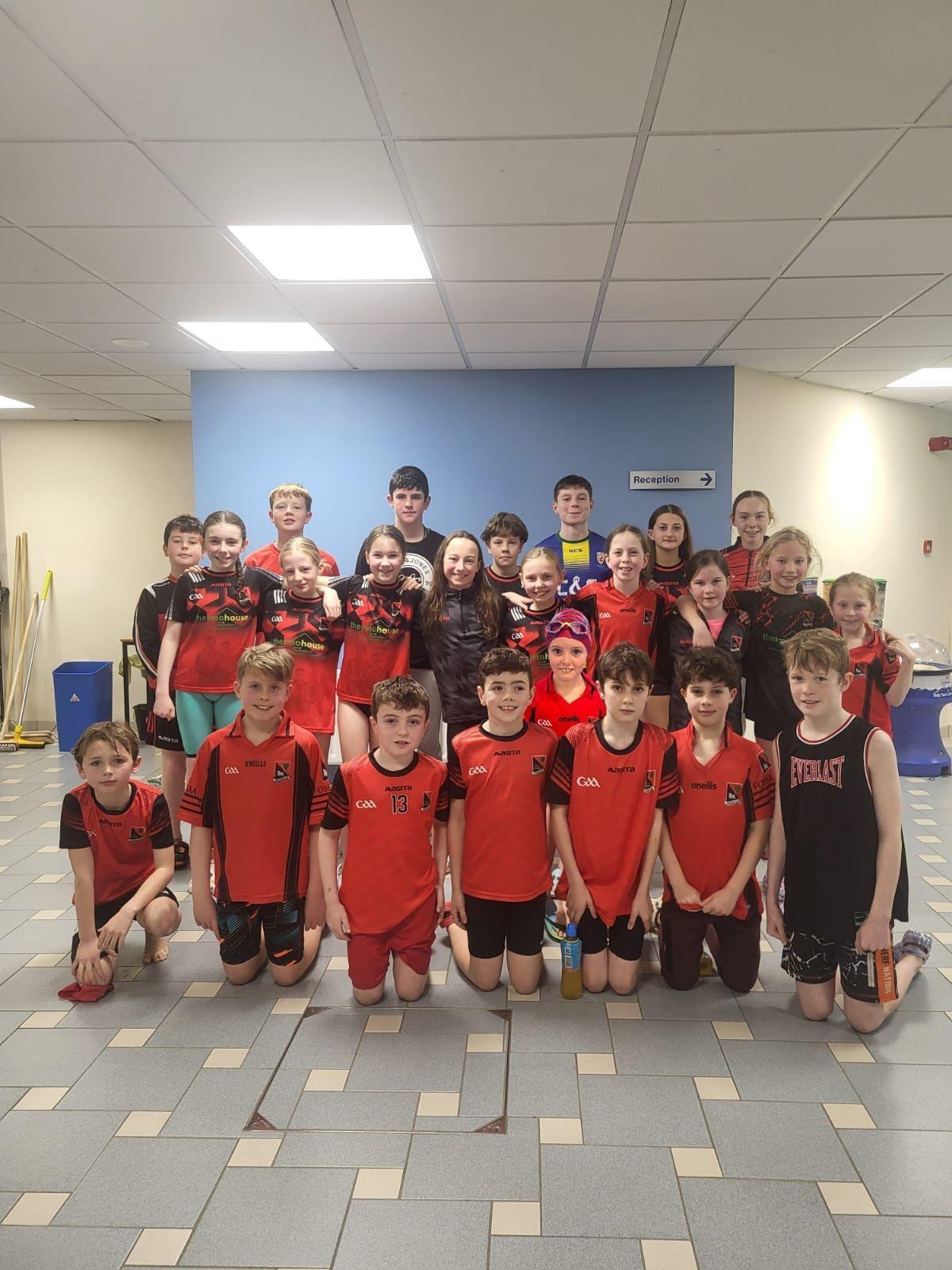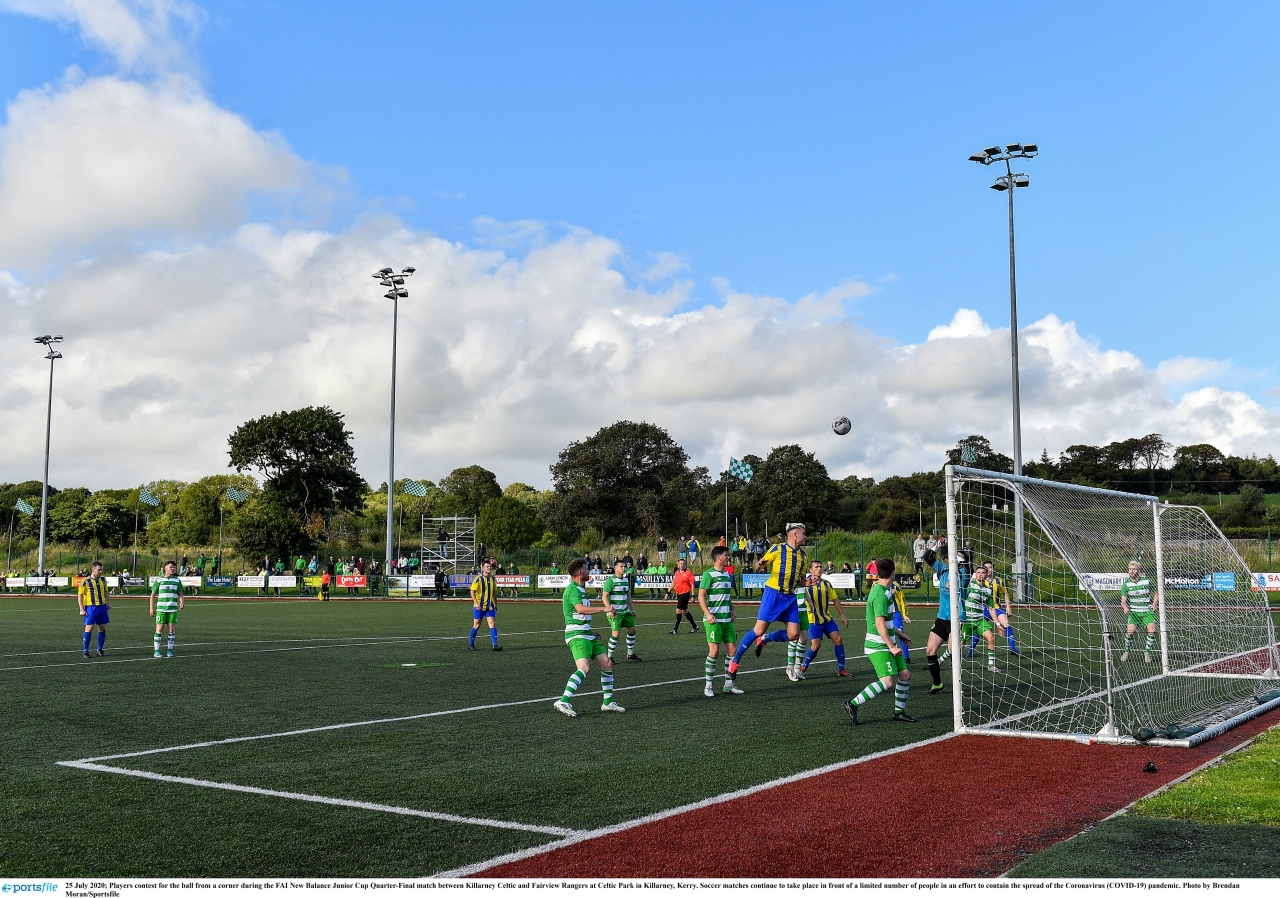Sport
Our multisport youngsters are burned out and stressed out

by Charlie O'Neill
In the past few weeks I’ve had the pleasure of returning to coaching a feisty and passionate school GAA team in North Kerry.
These girls, ranging from 12-17 years of age, never fail to astound me with their knowledge and player-led approach to the game. I would go as far as to say that these girls and many more adolescent athletes are miles ahead of previous generations in understanding the extent of the mental and physical toll sport can take.
However, even with such positivity, the number of back-to-back days these young women train and play matches worries me. One such player confided in me of a panic attack she had just experienced in the dressing room after I subbed her off due to a niggling injury. She was visibly shaken with a sense that she had let the team down. The same girl went on to reveal that she had a basketball match the previous day and Kerry GAA trials early the next morning, before topping it off with an important soccer game hours later.
Does this sound all too familiar? The acknowledgement of player welfare and injury prevention has become a societal trend in Ireland in the adult game, amateur and professionals alike. But, to paraphrase The Simpsons, will someone please think of the children? What I learned in only our second school football game of the season was that the girls were exhausted, with no off-season in sight for them to rest and replenish.
While COVID played a role in the rush to fulfil sporting fixtures, those commendable adolescents who choose to compete in a combination of sports are struggling both physically and psychologically. A study conducted in 2015 by DCU in an Irish school found that 35.6% of multisport athletes are at risk of injury. Of those injured participants, 27.9% are at risk of sustaining another injury that school year, competing in a different sport.
The Irish Sport Council have adopted Player Welfare initiatives in recent years, but for adolescents at grassroots, access to psychologists or these processes are limited and usually at the discretion of local volunteers. Incidents of anxiety or panic attacks, like the one experienced by the player on our school team, are becoming all too common and can become chronic if not dealt with.
Munster’s Keith Earls candidly spoke about his mental health struggles in his new book. The accomplished winger experienced panic attacks from an early age that got progressively worse through grassroots well into his professional rugby career. Attending therapy in 2013 helped him to resolve his issues.
Although some pressure is self-inflicted, young athletes have no idea how to deal with it when the negative voice emerges.
Coaches and parents play an equal role in preventing mental fatigue by recognising its triggers and putting a plan in place to address it.
Irish sportspeople are no strangers to being hailed as all-round athletes. The upheaval of Irish talent now plotting their way in the AFL and AFLW is due to a culture of celebrating multisport competitiveness. Mayo's Sarah Rowe, for example, showed her capacity to play intercounty football and international soccer in the same calendar year before returning to her Collingwood squad. And don't forget Kieran Donaghy's desire to win national basketball titles while representing Kerry in the GAA.
With such success comes a goal-orientated routine. Competing in many sports has incredible advantages, once rest and recovery are prioritised for our young athletes.
Burnout results in many athletes becoming injured or, even worse, quitting their sport altogether. Gentle reminders to grassroots players that they can discuss their concerns with coaches and parents should be implemented.
If burnout is evident, such players should be allowed to step back with protocol for when they return to play, whether it’s injury-related or otherwise.
Charlie O'Neill is a Kerry-based sports writer with a keen interest in rugby, GAA and soccer. She currently plays for the Kerry women's rugby team and also coaches underage Gaelic football.
News
Fossa Swimmers make a splash at County Finals
The Fossa Swim team pictured at the Tralee Sports Complex following their successful outing at the County Finals of the Community Games on Sunday, February 15. The 25-strong squad delivered […]
News
On the Ball Part 2 of the Mikey Daly Interview
Éamonn Fitzgerald EF: Killarney Celtic are invited to participate in an Irish competition. That has big financial implications for travel, meals, etc. MD: It is great to be invited, showing […]













